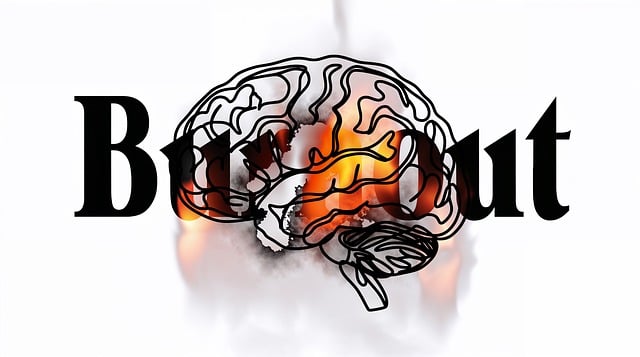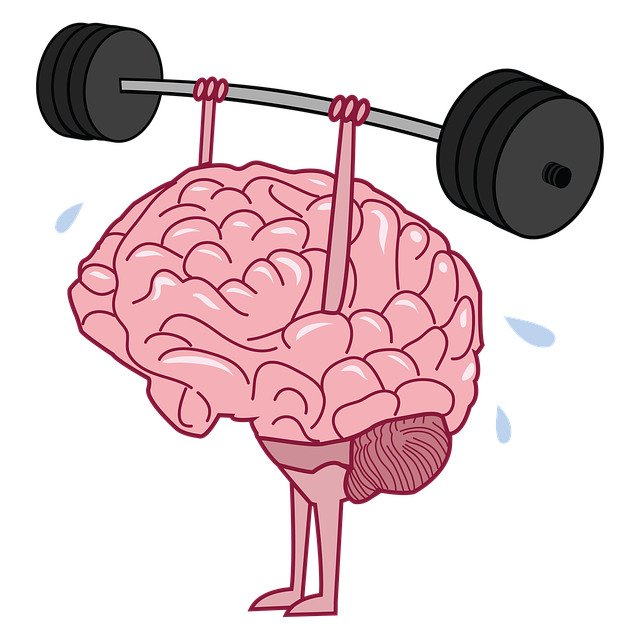The media's portrayal of mental illness significantly influences public understanding, often perpetuating stereotypes that hinder empathy and contribute to stigma. Organizations like Broomfield Learning Disability Therapy advocate for responsible media representation through authentic storytelling and consultation with experts. By highlighting recovery, resilience, and support systems, media can reduce stigma, foster inclusivity, and promote important conversations about mental health. Collaborative efforts involving professionals and lived experience advocates, such as the Mental Wellness Podcast Series Production, are essential in transforming societal attitudes, dispelling myths, and empowering listeners to support those facing mental illness.
Mental illness representation in media is a complex issue, often reflecting and shaping public perception. This article explores the current landscape, focusing on the impact of stereotypes and misinformation. We present strategies for accurate and empathic portrayal, highlighting the role of innovative approaches like Broomfield Learning Disability Therapy. Furthermore, we discuss how media and mental health professionals can foster positive change, challenging harmful narratives and promoting understanding through inclusive storytelling.
- Understanding Mental Illness Representation in Media: The Current Landscape
- The Impact of Stereotypes and Misinformation on Public Perception
- Strategies for Accurate and Empathic Portrayal: A Case for Broomfield Learning Disability Therapy
- Fostering Positive Change: Empowering Media and Mental Health Professionals
Understanding Mental Illness Representation in Media: The Current Landscape

The current representation of mental illness in media is a complex and evolving narrative, often reflecting societal attitudes and understanding at any given time. Broomfield Learning Disability Therapy highlights that media portrayal can significantly influence public perception, shaping how individuals with mental health conditions are viewed and treated. Unfortunately, historical depictions have been plagued by stereotypes, limited roles, or even outright misinformation. This has led to a lack of empathy and an inaccurate reflection of the diverse range of mental health experiences.
The challenge lies in presenting mental illness authentically and with sensitivity, especially considering the wide spectrum of conditions and individual journeys. A responsible approach involves consulting with experts, including mental health professionals and advocacy groups, to ensure accuracy and avoid perpetuating harmful myths. By incorporating stories that showcase recovery, resilience, and the humanizing effects of support systems, media can contribute to reducing stigma and fostering a more inclusive society. This shift in representation is crucial, prompting discussions on topics like self-esteem improvement and encouraging the implementation of community outreach program initiatives.
The Impact of Stereotypes and Misinformation on Public Perception

The media’s portrayal of mental illness often perpetuates harmful stereotypes and misinformation, significantly influencing public perception. When individuals with mental health challenges are primarily depicted as violent, unpredictable, or hopeless in movies, television shows, and news articles, it reinforces societal biases and contributes to stigma. These negative representations can lead to a lack of empathy and understanding among the general public, creating an environment where those struggling with their mental health feel isolated and misunderstood.
As Broomfield Learning Disability Therapy highlights, such stereotypes hinder progress in de-stigmatizing mental illness and encouraging open conversations. They deter individuals from seeking help, as they may fear judgment or believe that their symptoms are beyond management. To counter this, media outlets should prioritize accurate and diverse storytelling, showcasing the wide range of experiences with mental health challenges. Encouraging the development of coping skills, resilience building, and stress management workshops through organizations dedicated to these efforts can also contribute to a more nuanced understanding of mental wellness.
Strategies for Accurate and Empathic Portrayal: A Case for Broomfield Learning Disability Therapy

The media plays a significant role in shaping public perception about mental health, and accurate representation is crucial for fostering understanding and reducing stigma. When it comes to learning disabilities, Broomfield Learning Disability Therapy offers valuable insights into effective strategies for depiction in media. By employing approaches like those used by Broomfield, creators can ensure that these conditions are portrayed with sensitivity and depth. This involves moving beyond simplistic stereotypes and instead showcasing the complexities of individual experiences, emphasizing strengths as well as challenges.
Incorporating practices such as mood management techniques, self-esteem improvement exercises, and compassion cultivation can lead to more nuanced and empathetic portrayals. These strategies not only help in accurately representing individuals with learning disabilities but also offer viewers valuable insights into coping mechanisms and personal growth, potentially inspiring positive changes in attitudes and behaviors towards mental health.
Fostering Positive Change: Empowering Media and Mental Health Professionals

Media has a significant role in shaping societal perceptions about mental illness. By actively involving mental health professionals and individuals with lived experiences, media can foster positive change. This collaboration ensures accurate representation, challenges stigma, and promotes understanding. For instance, Broomfield Learning Disability Therapy can contribute to producing a Mental Wellness Podcast Series Production that highlights various aspects of mental health in an inclusive manner.
Such initiatives can also provide Crisis Intervention Guidance by offering practical advice during episodes or segments dedicated to managing crises. Moreover, promoting emotional intelligence through these platforms equips listeners with the skills to recognize and support those dealing with mental illness. This collective effort not only educates but also empowers both media professionals and viewers/listeners to contribute to a more supportive and empathetic society.
Mental illness representation in media has reached a pivotal moment, where accurate and empathetic portrayals can significantly impact public perception. By challenging stereotypes and misinformation, we clear the path for understanding and support. Strategies like those employed by Broomfield Learning Disability Therapy offer valuable insights into nuanced representations. Empowering media professionals and mental health experts to collaborate is essential for fostering positive change, ensuring that stories of resilience and recovery resonate with audiences worldwide.











